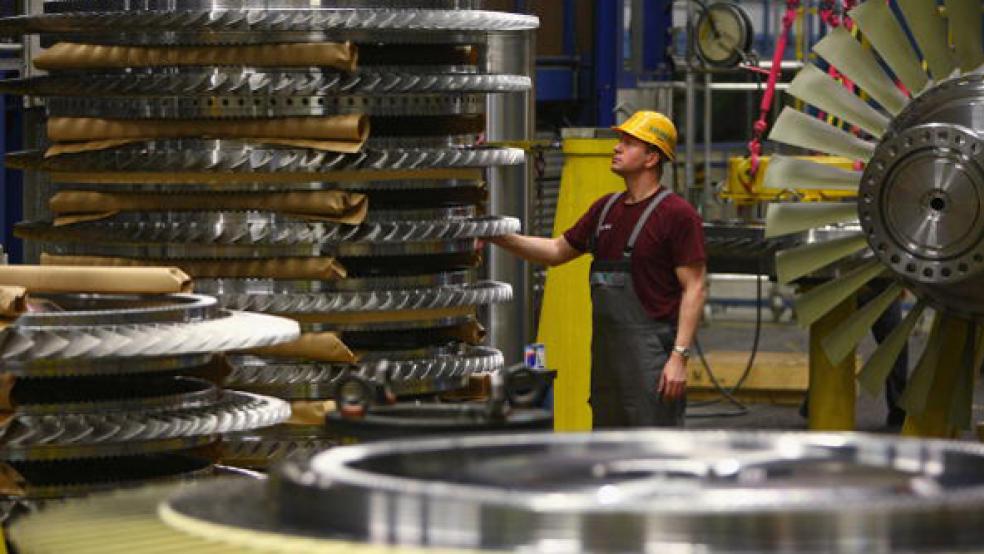A top White House aide on Tuesday said that today’s announcement of two new Department of Defense-led “manufacturing innovation institutes” in Detroit and Chicago is proof that the administration can make significant progress on the economy without Congressional support.
Speaking to reporters, Jason Furman, chairman of the Council of Economic Advisers, said the two new “hubs” are a “very good illustration” of what Obama has said will be a Year of Action.
Related: Big Labor’s Mounting Feud with Barack Obama
“He originally called for 15 manufacturing institutes,” Furman said. “With today, we are operating a total of four, and we are setting up the process for the next four by the end of the year. So by the end of this year we will be more than halfway toward the president’s original goal, without getting the legislation that the president originally called for.”
The manufacturing institute contracts are awarded on the basis of a nationwide competition bringing together businesses, academics, and non-profits to compete in coalitions for the opportunity to research and promote innovations in manufacturing.
The Detroit hub, which brings together 60 different organizations, will focus on lightweight modern metals manufacturing. The Chicago facility, with 73 different organizations, is set to focus on digital manufacturing and design. Both will explore application of advanced manufacturing to national defense.
Related: top Economists Agree on U.S. Problem Number One
However, the announcement of the new institutes may serve to highlight how limited the president’s ability to make an immediate difference in the job market is without Congressional assistance.
The administration committed $140 million to the two new hubs, and has always discussed them in the context of the need to add good jobs in manufacturing to the economy. But Furman cautioned against the expectation that the manufacturing institutes themselves would create a significant number of jobs.
“We don’t have a jobs estimate on this,” he said. “This is not an aggregate demand measure. It’s about mobilizing and coordinating resources. Partly its about the money the government puts in but even more importantly, by setting up a nationwide competition, by getting so many entrants to think so hard, by bringing business, academia, non-profits together, it’s catalyzing additional funding but even more importantly, additional creativity and innovation.”
All good things, no doubt, but not likely to make much of a dent in the current 6.6 percent unemployment rate, which Furman admitted remains “unacceptably high.”
Top Reads from The Fiscal Times:




